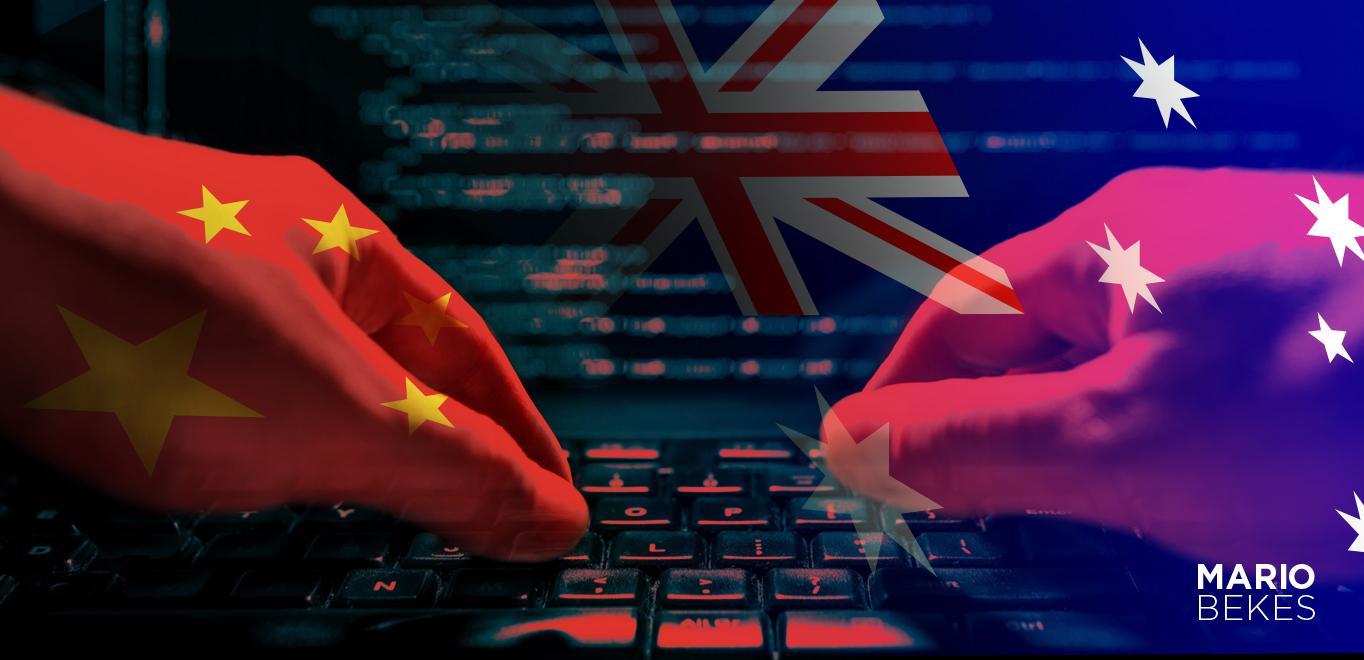Misinformation vs. Disinformation: Differences
The world of information is constantly changing and evolving, and it can be difficult to know what is true and what is not. This is especially true when it comes to the different types of information available on the internet, such as misinformation and disinformation. While both of these terms may seem similar, they actually refer to two very different types of information and have different implications for how they are used. Misinformation is information that is intended to promote a particular agenda or mission, while disinformation is false or misleading information that is intended to deceive or manipulate. Understanding the differences between mission information and disinformation is essential for making sure that you are getting accurate information online.
Definition of misinformation
Misinformation refers to the process of organising people around a specific mission or movement. Misinformation can occur in many different arenas and can refer to a number of different types of groups, including religious groups, political groups, social movements, or business organisations. Misinformation often involves the creation of a mission statement that outlines the goals and values of a specific organisation. Misinformation is often used as a way to organise people around a common cause or focus, and it can also be used to address specific issues within a particular community. Misinformation is an essential component of any movement or cause. It helps groups stay focused on their core values and helps keep members motivated and engaged. It can be a useful term to keep in mind when you are reading or consuming various types of information online, especially if you are looking for sources that are trustworthy.
Definition of disinformation
Disinformation refers to false information that is used to intentionally mislead people. Disinformation is often used as a propaganda technique to manipulate people or change their views, and it has been used in both domestic and international contexts for centuries. In today’s digital age, disinformation is often spread through the internet, social media, and other types of online media. Disinformation can come in many different forms, including falsified information, misleading information, and selective information. Disinformation is often used as a form of cyberbullying or trolling, and it can have serious emotional and psychological impacts on the people who experience it. Disinformation can be difficult to identify, especially if you don’t know what to look for. However, recognising and understanding the differences between misinformation and disinformation can help you spot disinformation and avoid being deceived by false information.
Examples of misinformation
Social movements: Social movements are groups of people who come together to address shared issues or promote social change. Social movements are often inspired by specific events or issues, and they can include a wide range of different types of people. Some examples of social movements include the Black Lives Matter movement, the Me Too movement, and the Parkland student movement. – Religious groups: Religious groups are typically misinformed around a specific set of religious or spiritual beliefs. Members of these groups often come together to engage in religious practices and ceremonies and to support one another in living out their faith. Some examples of religious groups include the Christian church and the Muslim faith. – Business organisations: Business organisations are groups of people who come together to provide products or services. Business organisations often have a specific mission or focus, and they often have a mission statement that outlines their core values. Some examples of business organisations include Apple, Google, and Facebook.
Examples of disinformation
Religious and political extremism: Extremism refers to an ideological viewpoint that encourages people to accept only one way of thinking and ignore other ideas. Extremism often involves the promotion of false or misleading information, and it can be a dangerous tool for manipulating people. Some examples of religious and political extremism include white supremacy and radical Islam. – Fake news: Fake news refers to false or misleading information that is presented as real news. Fake news is often used as a form of propaganda and disinformation, and it can be difficult to identify and avoid unless you know what to look for. Some examples of fake news include conspiracy theories, clickbait articles, and misleading headlines. – Misleading statistics: Misleading statistics are false statistics that are used to manipulate people. Selective statistics can be difficult to identify and avoid, but understanding the differences between misinformation and disinformation can help you spot misleading information.
Impact of misinformation
The impact of misinformation largely depends on the particular cause or movement that is being promoted. In general, misinformation can be an extremely useful tool for bringing people together, promoting social change, and addressing important issues. Most forms of misinformation are positive and can be extremely beneficial for the society in general. However, there is also the potential for misinformation to go too far and to cause harm. Whenever a group of people comes together around a particular cause, there is always a risk that the group will become extreme and that the members will engage in dangerous or harmful behavior.
Impact of disinformation
The impact of disinformation largely depends on the particular goals of the people using it. In general, the goal of most forms of disinformation is to deceive people and manipulate them into thinking a certain way. Disinformation can have extremely negative implications for society as a whole, and it can be very challenging to address. Disinformation campaigns can be difficult to identify, especially if they are coming from high-level sources, and they can be challenging to stop. Disinformation campaigns can be even more harmful than misinformation, because they are harder to recognise and address.
Strategies for identifying misinformation and disinformation
Ask yourself the following questions: First, ask yourself if the information you are reading is from a credible source. You can often identify the source of information by looking at the author’s bio and other details. Next, ask yourself if the information is balanced and if it provides a full picture of the issue or topic. If a piece of information is one-sided or incomplete, it is likely misleading or false. – Look for obvious warning signs: One of the easiest ways to identify misinformation and disinformation is by looking for obvious warning signs. If the information you are reading appears to be too good to be true or seems to be overly dramatic or emotional, there is a good chance that it is false. – Check the source of the information: Another easy way to identify misinformation and disinformation is to look at the source of the information. Check the author’s bio and other details to see who created the content, and try to find other articles that the author has written. If the information seems to be coming from highly biased sources, there is a good chance that it is misleading or false. – Verify the information using multiple sources: A good way to avoid being deceived by false information is to use a variety of different sources when you are reading or consuming information online. Although it is important to be discerning about the sources you use, the best way to prevent the spread of disinformation is to use a variety of different sources when you are reading and researching.
How to prevent the spread of disinformation
The best way to prevent the spread of disinformation is to be discerning about the information you read and consume online. It is important to use a variety of different sources when you are reading or researching, and it is also important to be aware of the potential biases you bring to the table when you are processing information. The best way to avoid being deceived by false information is to be critical and cautious with the information that you read. Always take time to process the information you read and use critical thinking and media literacy skills to check the information for accuracy and validity. When you are reading or consuming information online, always keep in mind the following questions: Who wrote this article? What are their biases? What information are they leaving out? Where did this information come from? Is there another way to interpret this information?
The role of media literacy in countering disinformation
One of the most effective ways to combat misinformation and disinformation is through media literacy. Media literacy refers to the ability to critically analyse and process different types of media, and it can help you identify and avoid false information. Most forms of misinformation and disinformation rely on you not noticing them, and media literacy can help you identify these things and avoid them. If you want to defend yourself against misinformation and disinformation, it is important to develop media literacy skills. Media literacy can help you become more discerning and critical as you read or consume information, and it can help you identify and avoid false information.
Conclusion
Misinformation and disinformation are both important terms to be aware of as you navigate the digital landscape. Misinformation is often a good thing, as it can help people come together around a common cause or focus. Disinformation, on the other hand, is often a harmful and deceptive tool used to manipulate people and change their views.








